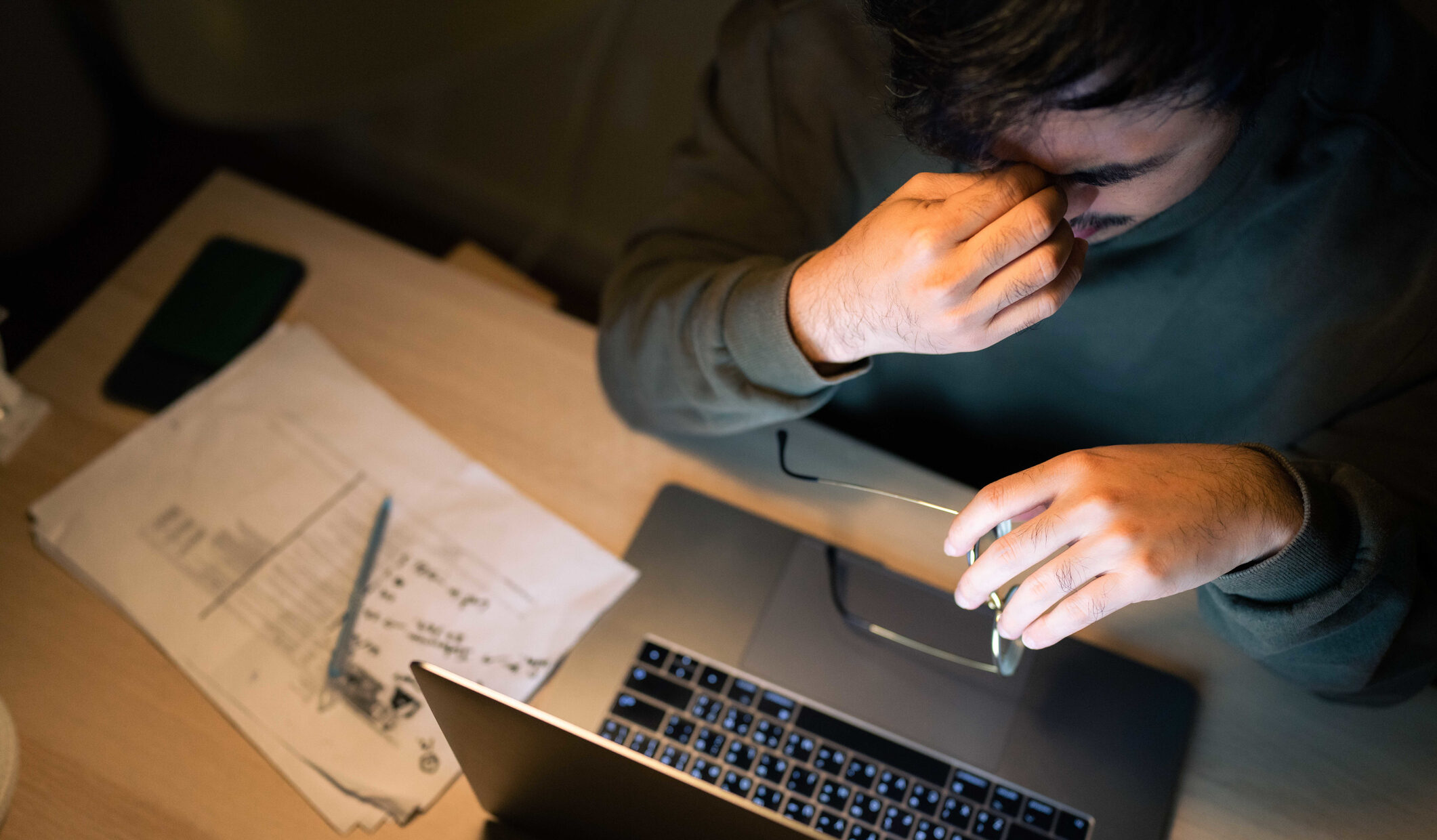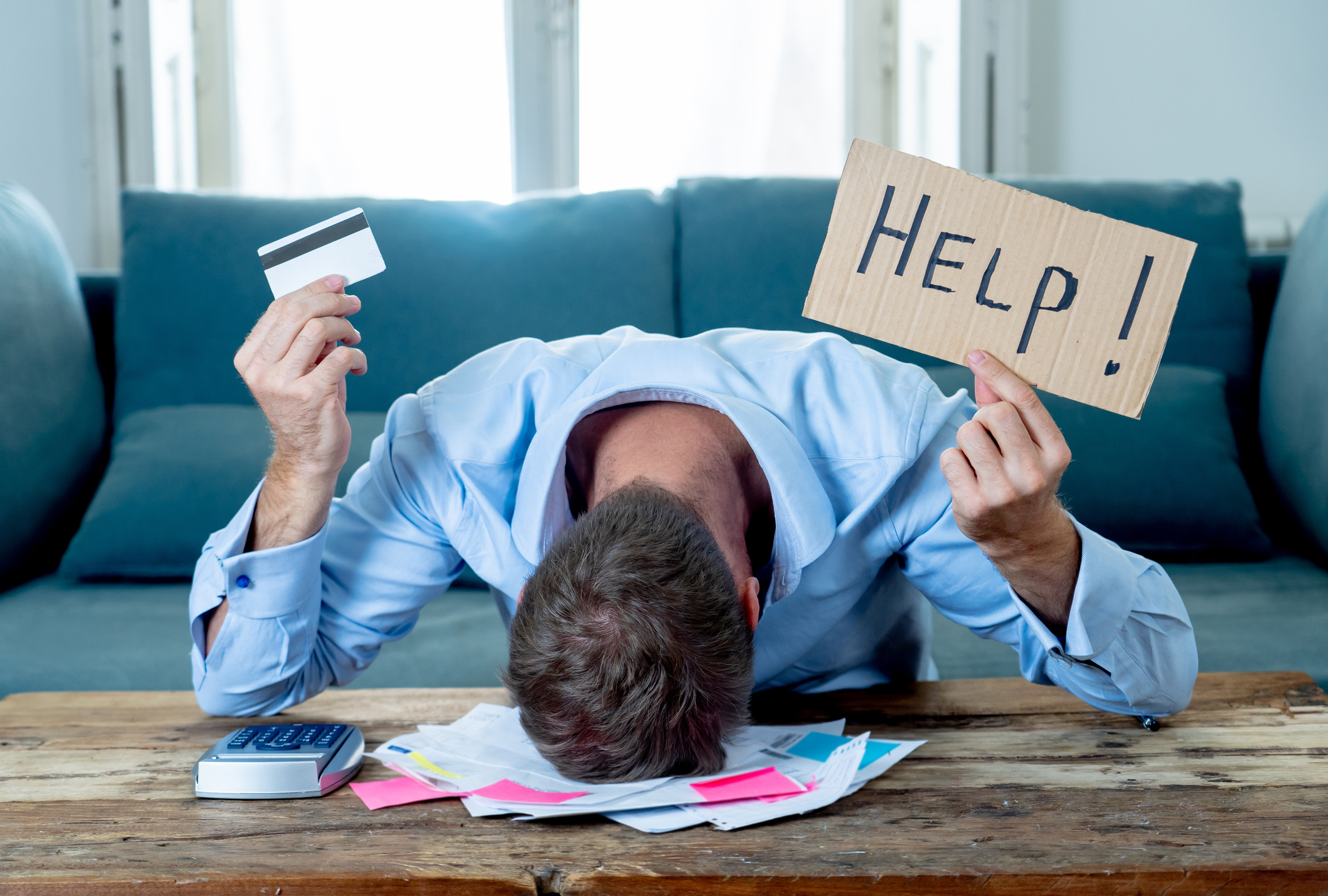What is Chapter 7 Bankruptcy?
According to the federal Internal Revenue Service, Chapter 7 bankruptcy involves liquidating assets for individuals who are unable to make regular, monthly payments toward outstanding debts. This type of bankruptcy relieves debtors regardless of the amount owed or their ability to pay the debt. There are many possible benefits to choosing Chapter 7 bankruptcy to resolve outstanding debts.
Who is Eligible to Apply for Chapter 7 Bankruptcy?
If the debts are mostly consumer debts, then a “means test” must be passed by any person applying for this type of relief, and the failure of this test will result in a dismissal of the case.
An individual who mostly has consumer debts must pass the means test if the current monthly income is above the median income for a family of the same size. In the State of New York, the maximum annual income and family size is as follows:
- Maximum annual income of $68,814 for a single individual with no dependents
- Maximum annual income of $84,958 for a family of 2
- Maximum annual income of $103,444 for a family of 3
- Maximum annual income of $126,167 for a family of 4
- Plus $9,900 for each additional dependant over 4
The income amount is comprised of all regular contributions to the household expenses, including those from a nondebtor. Spousal income is also considered, regardless of whether or not the filed petition is a joint petition. Social security income is not calculated towards income.
Individuals whose income supersedes these income limits must pass the means test, which starts with the debtor’s monthly current income from the past six months as a baseline. Then, the following deductions are made:
- Expenses for food, clothing, utilities, transportation, and housing
- Payments on debts that are not discharged
- Other expenses, such as the debtor’s and dependants’ educational costs and expenses to support and care for elderly, chronically ill, or disabled household members
The amount that remains after these deductions is considered the debtor’s disposable income, which determines the applicant’s final eligibility.
What are the Benefits of Chapter 7 Bankruptcy?
The biggest advantage of filing Chapter 7 bankruptcy is the discharge of eligible or unsecured debt. In New York, this type of bankruptcy allows for credit card balances and medical bills to be legally forgiven. This can be particularly useful for individuals who have experienced job loss, medical emergencies, or other financial setbacks.
Additionally, Chapter 7 triggers an automatic stay, meaning creditors can no longer harass debtors.
Unlike Chapter 13 bankruptcy, Chapter 7 does not involve a repayment plan and offers certain exemptions to property liquidation. These exemptions typically include home equity of up to $179,950, personal property, and retirement accounts.
While bankruptcy initially negatively impacts credit scores, so do delinquent or nonpayments. Chapter 7 offers a fresh financial start that allows credit to begin the rebuilding process after discharge. For an individual who can’t make all their debt payments, bankruptcy may offer a faster route to rebuilding credit than maintaining delinquent accounts for months or years.
Chapter 7 bankruptcy is relevant to most income levels. If an individual does not pass the means test, then they may still qualify for a Chapter 13 bankruptcy to reduce or eliminate certain debts.
The bankruptcy process in New York is relatively quick and may be completed in three to six months.
What Property is Exempt From Liquidation Under Chapter 7 Bankruptcy?
Chapter 7 bankruptcy works through the liquidation of assets to pay off outstanding debts. Certain property may be exempt from the liquidation process. Examples of exempt property that will not be subjected to liquidation include:
- Motor vehicles under a certain value
- Necessary clothing
- Necessary household goods and furnishings
- Household appliances
- Jewelry under a certain value
- Pensions, IRAs and 401(k) plans
- A portion of home equity
- Tools of a trade or profession under a certain value
- A portion of earned but unpaid wages
- Public benefits such as public assistance, social security, and unemployment compensation saved in a bank account
Property that is nonexempt property that is subject to liquidation by federal and state law includes:
- Collections of stamps, coins, and other valuable items
- Cash and bank accounts over a certain limit
- Stocks, bonds, and other investments
- A secondary car or truck
- A secondary home or vacation home
What Debts are Not Discharged With Chapter 7 Bankruptcy?
Certain debts are not discharged or excused from the debtor’s obligation to pay. Examples of debt that will remain after a successful bankruptcy petition include many types of taxes, most government fines and penalties, court restitution orders, domestic obligations, and debts pertaining to divorce decrees. Student loan debt will also remain after bankruptcy unless the debtor is able to show undue hardship, which is very difficult to prove.
There are types of debt that the creditor may sue the debtor for in order to ensure that the balance will not be erased upon bankruptcy. Examples of debts that may not be discharged under court order include:
- Money, property, services or extension, renewal, or refinancing of credit that was obtained through fraud, misrepresentation, or false pretenses
- Consumer debt that is owed to a single creditor that exceeds the dollar limit specified in the Bankruptcy Code for luxury goods or services incurred during or prior to the filing of bankruptcy
- Cash advances exceeding the dollar limit specified in the Bankruptcy Code incurred during the specified time frame
- Debts involving malicious or willful injury by the debtor to another person, entity, or property
Do I Need an Attorney?
A knowledgeable attorney can guide you through every step of this process and ensure that you make the best choices for you and your family. For a consultation, contact Ortiz & Ortiz today at 917-920-6437 or fill out a contact form.




